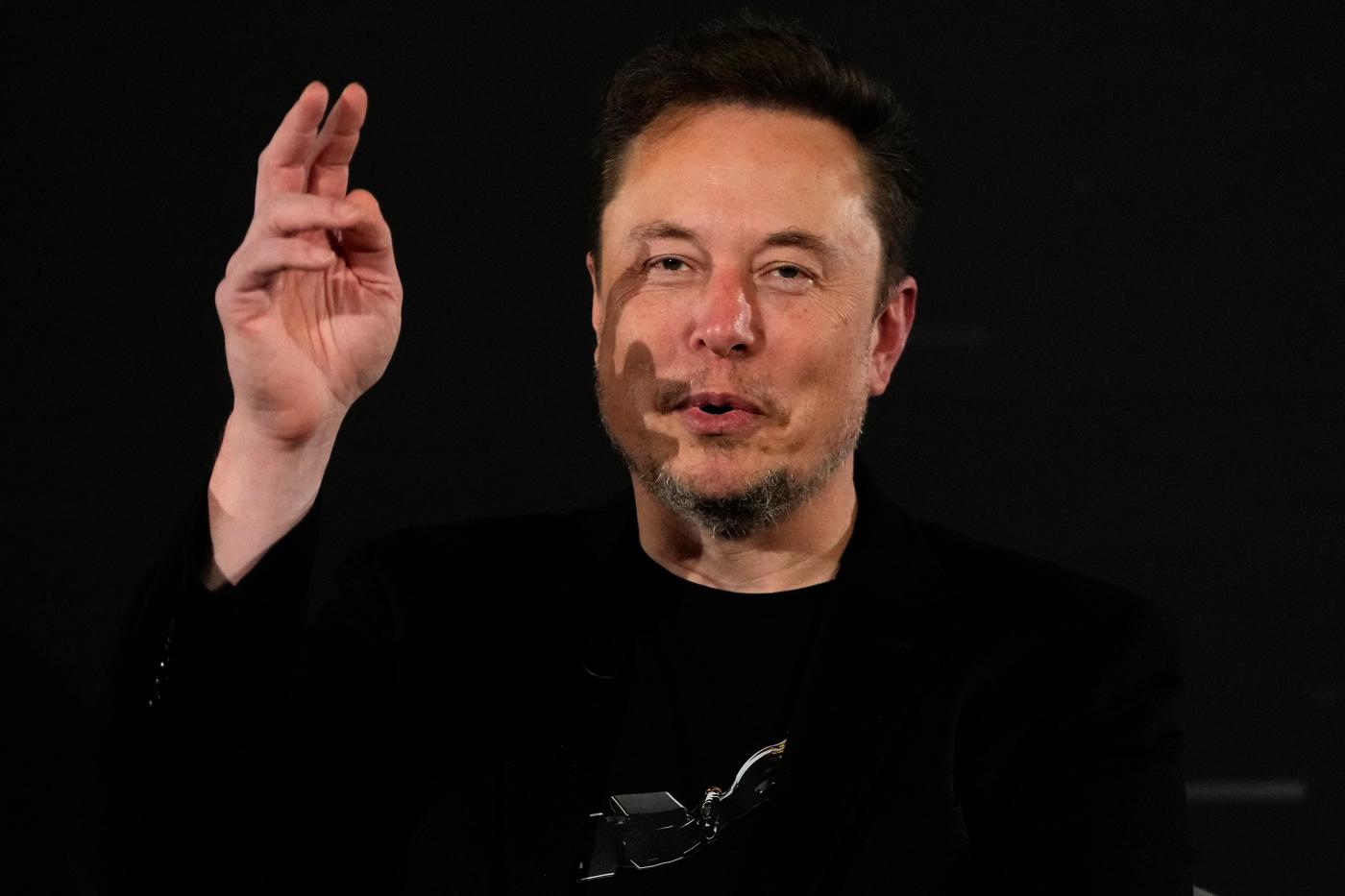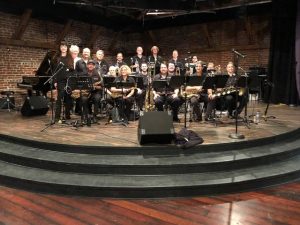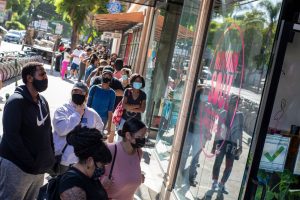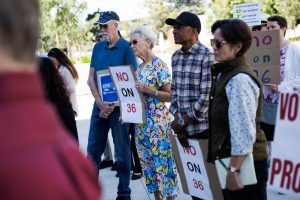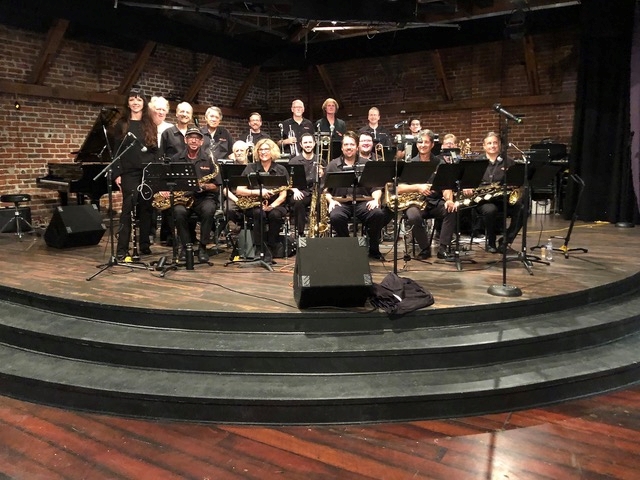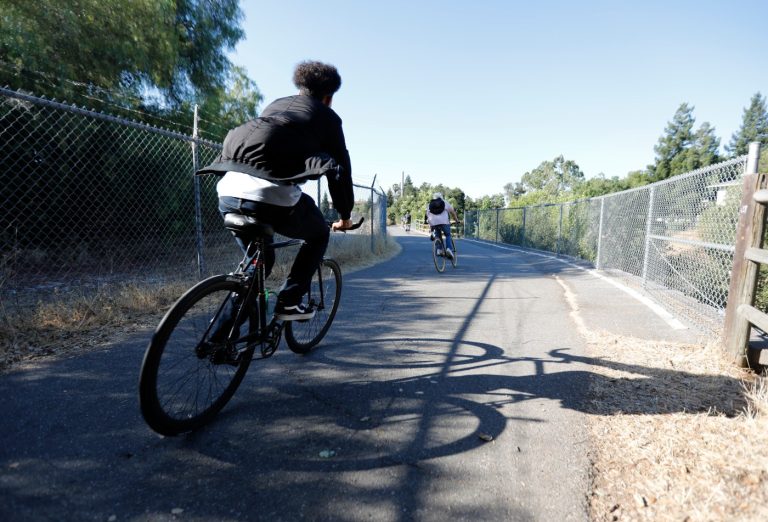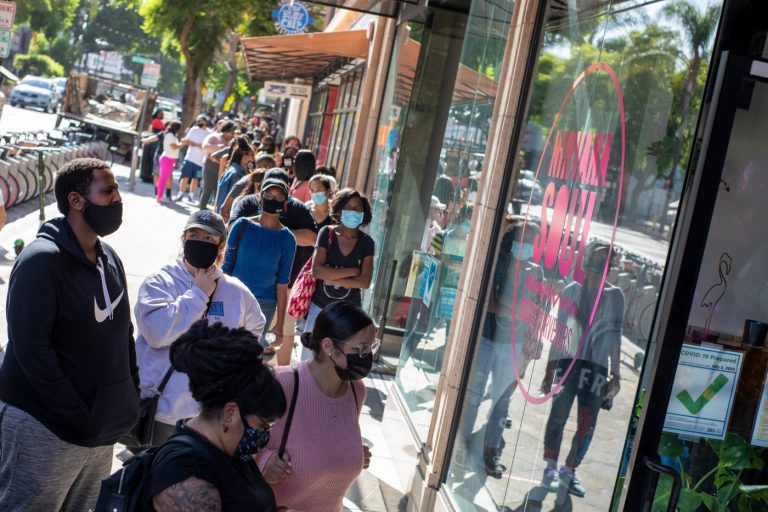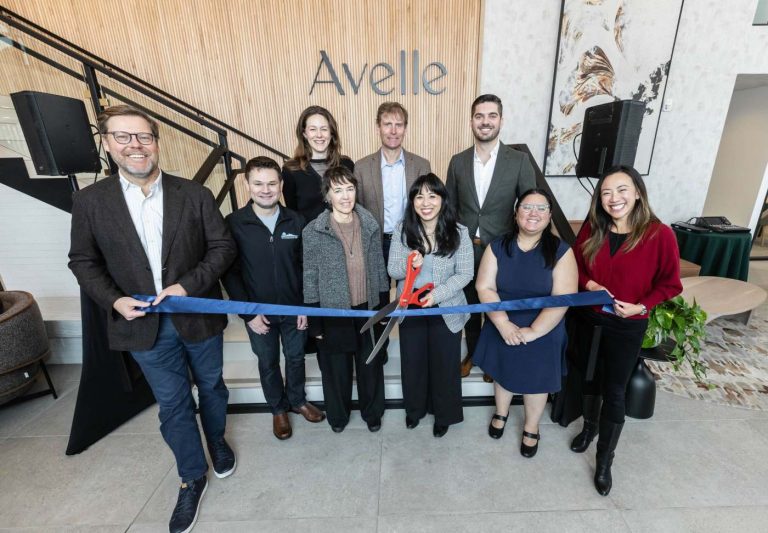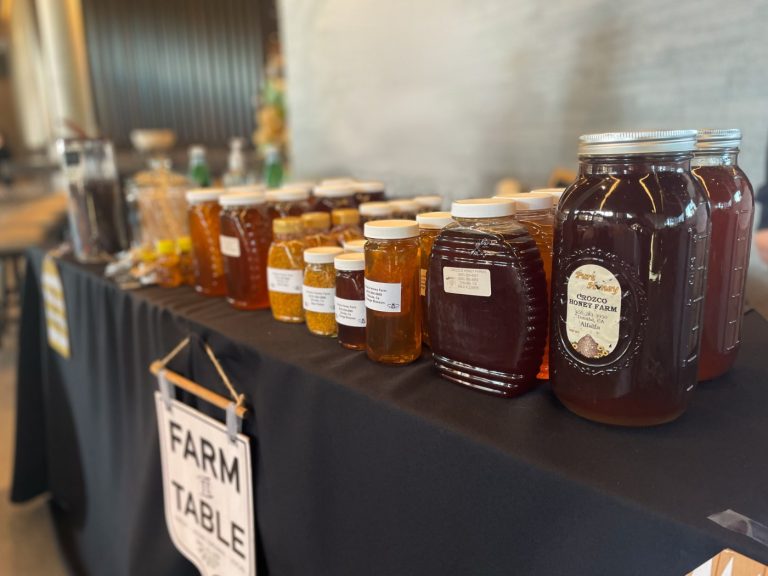With a make-or-break deadline just days away, a polarizing bill to regulate the fast-growing artificial intelligence industry from progressive state Sen. Scott Wiener has gained support from an unlikely source.
Elon Musk, the Donald Trump-supporting, often regulation-averse Tesla CEO and X owner, this week said he thinks “California should probably pass” the proposal, which would regulate the development and deployment of advanced AI models, specifically large-scale AI products costing at least $100 million to build.
The surprising endorsement from a man who also owns an AI company comes as other political heavyweights typically much more aligned with Wiener’s views, including San Francisco Mayor London Breed and Rep. Nancy Pelosi, join major tech companies in urging Sacramento to put on the brakes.
“This is a tough call and will make some people upset,” Musk wrote on X, formerly Twitter. “For over 20 years, I have been an advocate for AI regulation, just as we regulate any product/technology that is a potential risk to the public.”
The billionaire co-founded OpenAI, the developer of the wildly popular Chat GPT, in 2015 and founded xAI — headquartered in Burlingame, incorporated in Nevada — in 2023. Wiener’s office said if the law is passed, it would apply to any AI firms doing business in California, regardless of where they are incorporated or headquartered.
Musk has in the past blasted California for stifling progress through regulation — pointing to the state’s slow-moving high-speed rail project as an example. Still, it’s not the first time he’s said AI development should be regulated. He’s voiced concerns about the potential for AI to cause “civilizational destruction.”
Now, Pelosi, Breed and others are the ones making the argument the proposal — Senate Bill 1047 — will stifle innovation and create unneeded bureaucracy.
“While we want California to lead in AI in a way that protects consumers, data, intellectual property and more, SB 1047 is more harmful than helpful in that pursuit,” Pelosi said in a recent statement. “California’s Artificial Intelligence bill, SB 1047, would have significant unintended consequences that would stifle innovation and will harm the U.S. AI ecosystem.”
Opponents worry AI testing requirements and safety provisions in the bill will create compliance costs that could make it difficult for startups and other small businesses. Proponents have said the bill would only affect large companies.
Breed — whose city has struggled to rebound from the economic impact of the coronavirus pandemic and who has touted San Francisco as the AI capital of the world — said in a letter to Wiener this week that the industry is “core to our city’s economy and future.”
“I share your desire to ensure that AI develops in a safe and sustainable way, and I agree with the overall intent of your legislation,” Breed said. “However, I believe more work needs to be done to bring together the industry, government, and community stakeholders before moving forward with the bill.”
All of the jockeying comes as the clock ticks toward Aug. 31. The bill, which has so far enjoyed bipartisan support from state lawmakers, must advance by then if it is to hit Gov. Gavin Newsom’s desk this year. Newsom has yet to signal whether he would sign it into law.
At a press conference on Monday, Wiener, a San Francisco Democrat, urged his colleagues to vote for what he called “a light-touch measure.”
“I want to be clear, as I’ve always been clear, that I am very supportive of AI innovation,” he said. “(It) has the potential to make the world a better place, but as with any powerful technology, there are also risks. And we should try to get ahead of those risks instead of playing catch-up.”
The lawmaker has amended his original proposal in response to criticism from opponents and turned San Francisco-based Anthropic into an ally in the process. This week, CEO Dario Amodei wrote to Newsom in support of the bill.
“Last week the bill emerged from the Assembly Appropriations Committee and appears to us to be halfway between our suggested version and the original bill: many of our amendments were adopted while many others were not,” Amodei said. “In our assessment the new SB 1047 is substantially improved, to the point where we believe its benefits likely outweigh its costs.”
Anthropic cited the adoption of safety and security protocols with “flexible policies” for managing catastrophic risk.
Still, AI giants Open AI and Meta are holding firm in their opposition.
In an Aug. 21 letter, Open AI Chief Strategy Officer Jason Kwon wrote to Wiener warning of a possible tech exodus if the bill is passed.
“Many of the industry’s leading developers, entrepreneurs and researchers live and work here, making California home to both AI’s biggest players and a thriving ecosystem of start-ups and other smaller companies,” Kwon said. “If the bill is signed into law… there ‘is a real risk that companies will decide to incorporate in other jurisdictions or simply not release models in California,’” he said, quoting comments from San Jose Rep. Zoe Lofgren, another opponent.
Related Articles
Tenants say Bay Area landlords colluded to inflate rents. Now, the Department of Justice is involved
Trump posted a fake Taylor Swift image. AI and deepfakes are only going to get worse this election cycle
AI software firm moves HQ to Santana Row in San Jose with office lease
AMD buys server maker ZT Systems in bid to compete with Nvidia
California bill to regulate AI advances over tech opposition with some tweaks
Rob Sherman, vice president and chief privacy officer for Meta, previously said “the bill’s fundamental flaw is that it fails to take this full ecosystem into account and assign liability accordingly, placing disproportionate obligations on model developers for parts of the ecosystem over which they have no control.”
Wiener, however, doesn’t believe the bill will harm California’s robust tech economy.
“Similar predictions in the past have consistently proven false,” he said. “California remains the global epicenter of technological innovation.”
